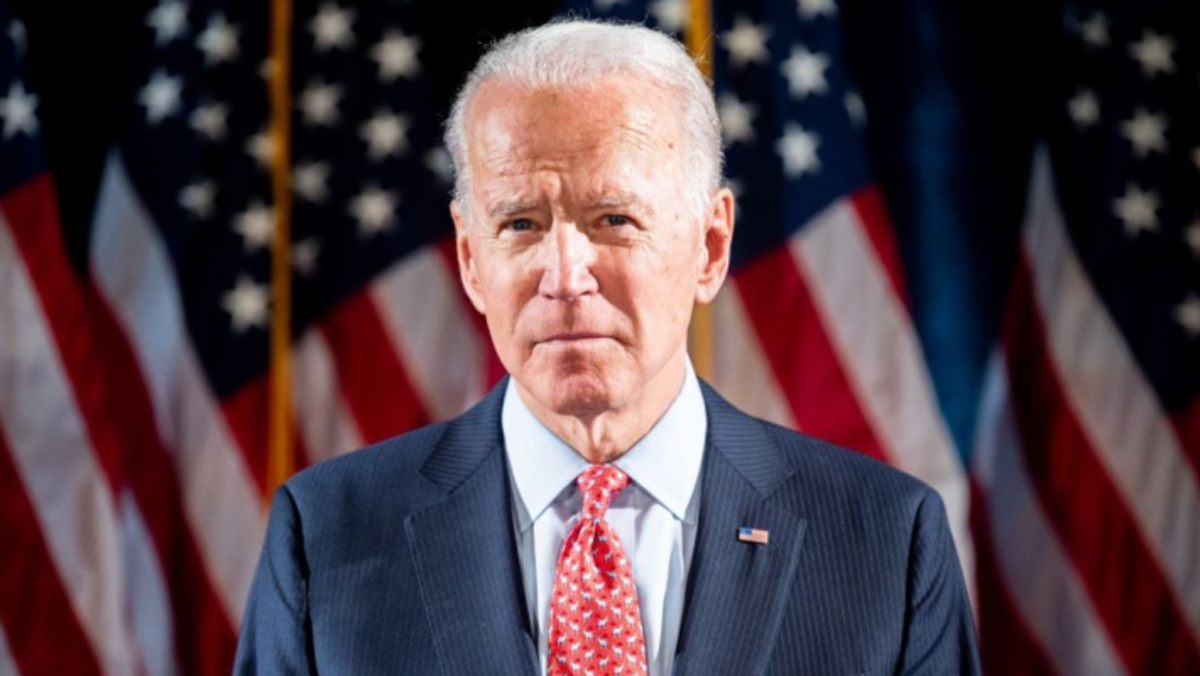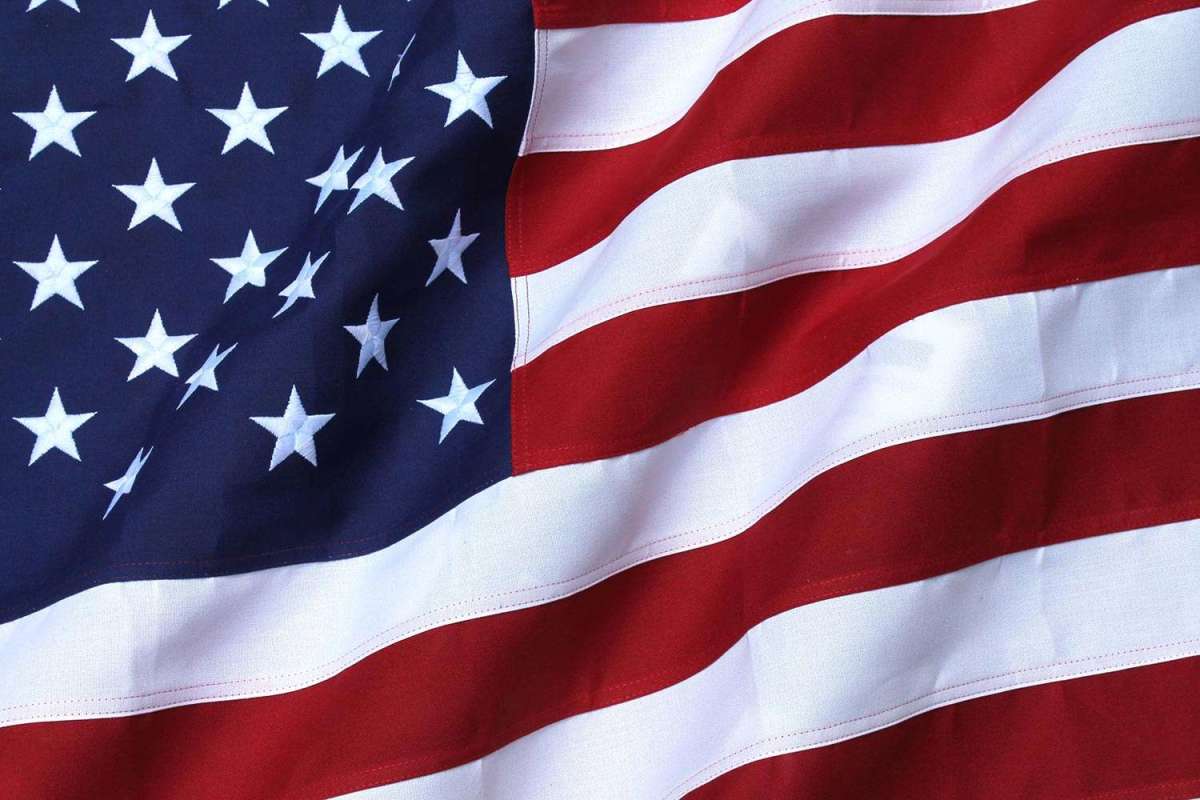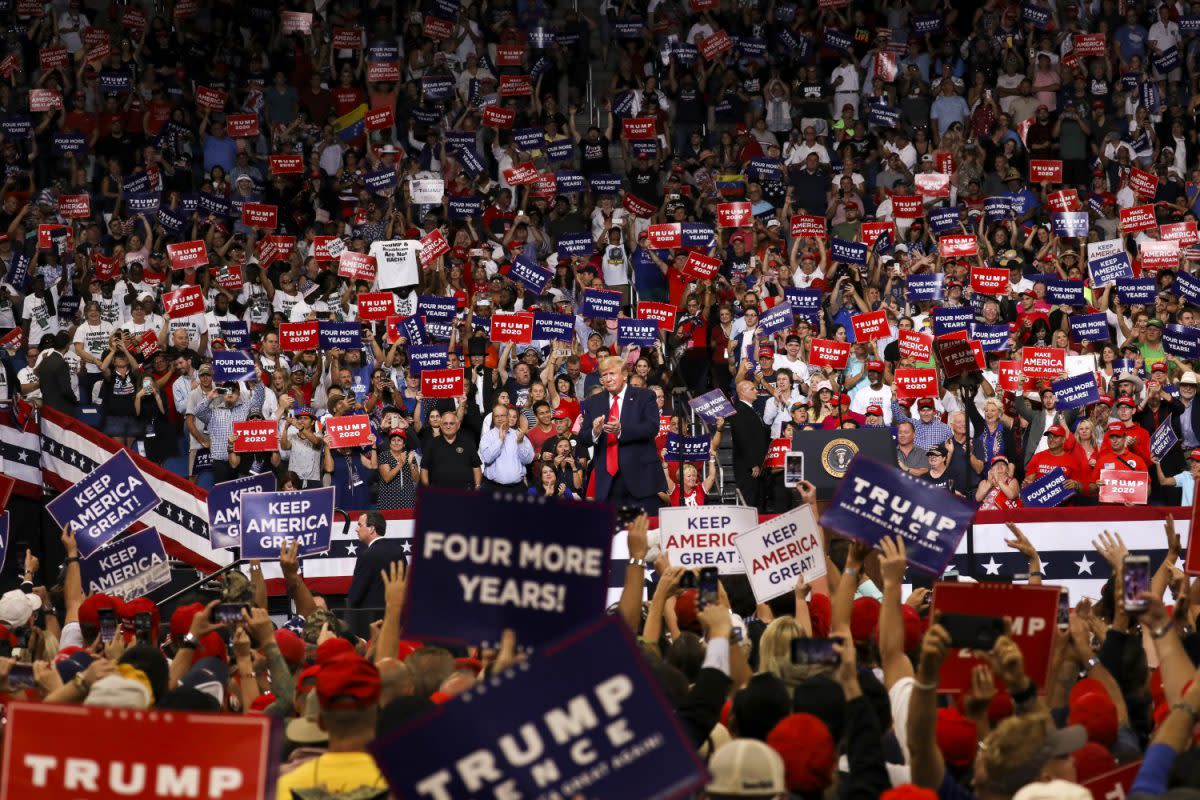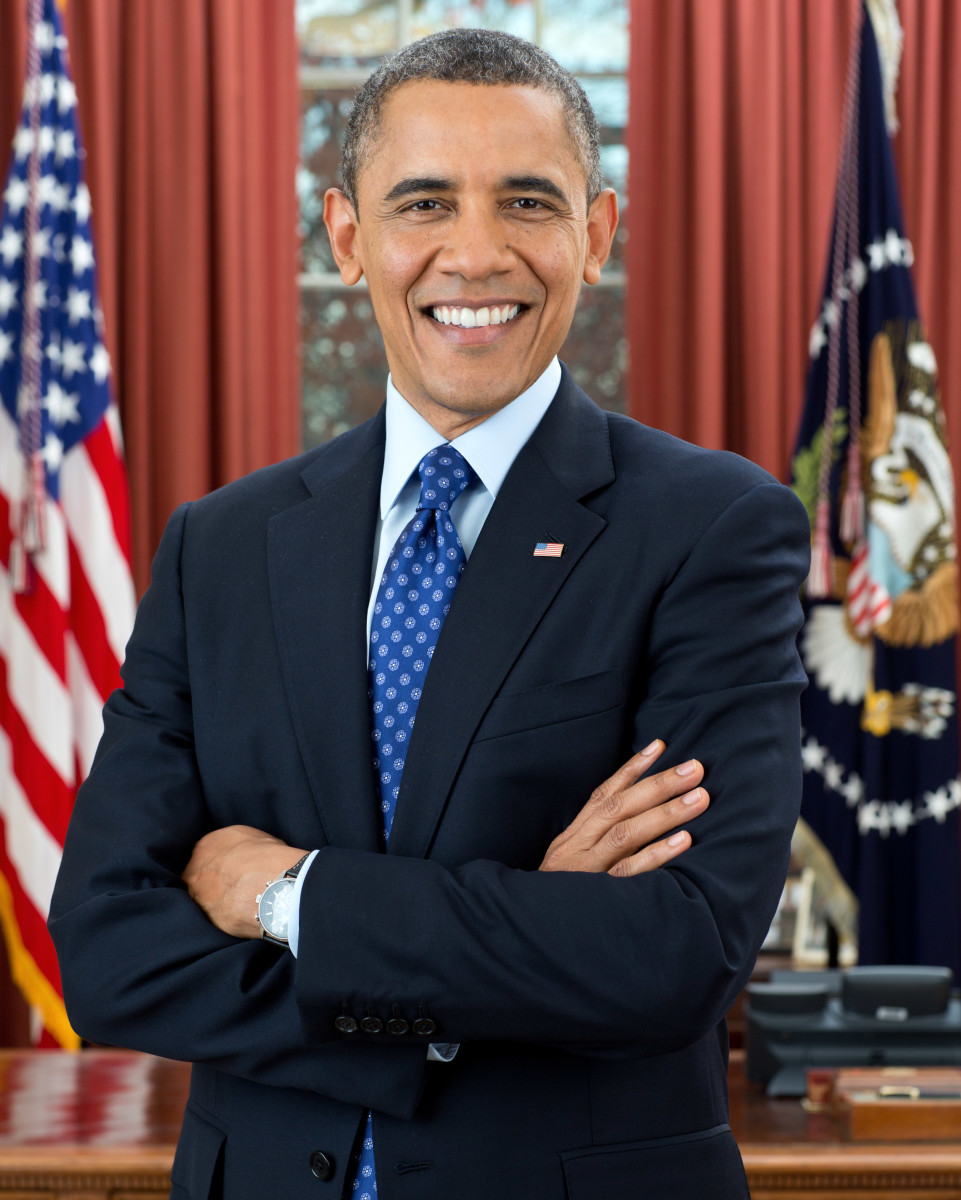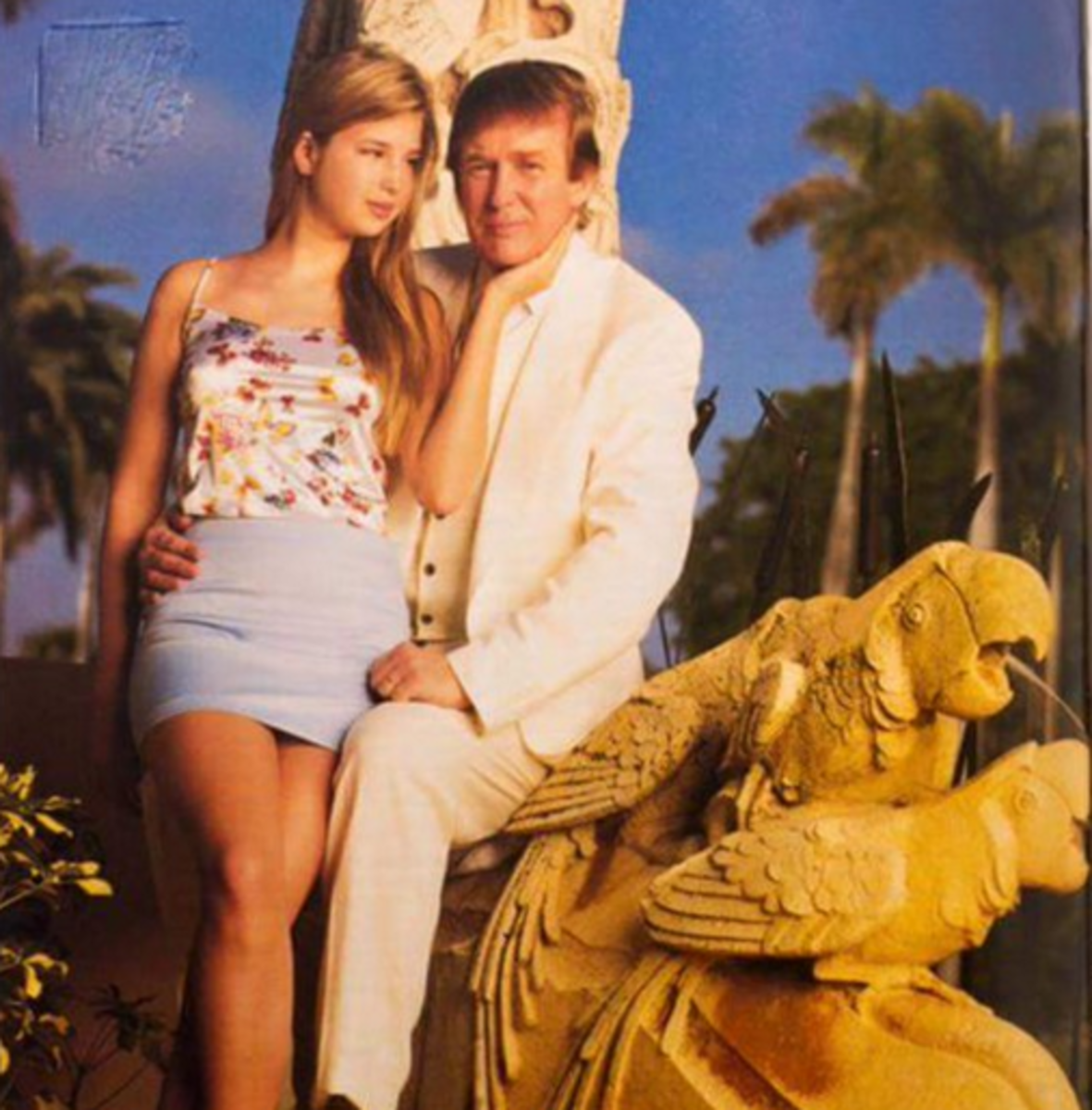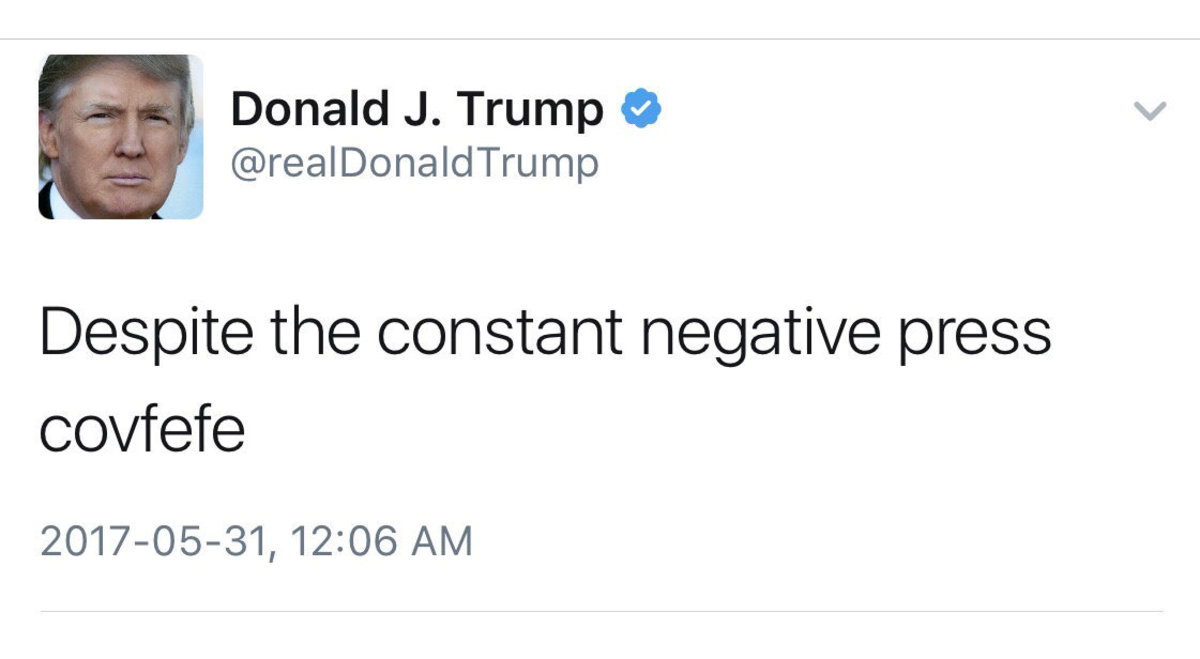Snippets From "FEAR: Trump in the White House" for Those Who Don't Have Time to Read. [Chapters 3 and 4]
Steve Bannon - Trump's Chief Strategist

Continuation
This is the second of a series of in-depth looks into Bob Woodward's new book Fear. The first article considered chapters 1 and 2. This article will begin with chapter 3.
Chapter 3 - Bannon's First Look at The Trump Campaign
"Where the f--k is everybody?" says Steve Bannon after walking into the Trump campaign operations center in Trump Tower 85 days before the presidential election..
When he walked into the war room, the hub of all of the campaign activity, the rapid response center, he found - one person, Andy Surabian. In response to Bannon's rude question, Surabian answers "I don't know. This is like it is on every Sunday."
Bannon is stunned. "This is the campaign headquarters", "I mean like the place where the whole thing's run out of?" Surabian answered "yeah" to both questions. The conversation deteriorates. "Where the f--k is Jared?" (Bannon heard that Jared and Ivanka were the brains behind the operation.) Jared, of course, was not there either but "were on entertainment mogul and Democratic donor David Geffen's $300 million yacht - one of the largest in the world - off the coast of Croatia, on vacation with Wendi Deng, a business woman and former wife of Rupert Murdoch." And so went Steve Bannon's introduction to how Trump runs his campaign.
Trump Doesn't Like Surprises - Goodbye Paul Manafort
While there, Bannon gets a call from Paul Manafort and is asked to join him in his residence in Trump Tower that Trump set up for him. Bannon does. Manafort starts off with "Listen, everybody tells me your really know the media." Bannon sort of agrees by saying "I run a right-wing website. I know advocacy." Well, Manafort had something for Bannon to look at.
It was a draft of a New York Times story headlined: "Secret Ledger in Ukraine Lists Cash for Donald Trump's Campaign Chief." where Bannon read, "Handwritten ledgers show $12.7 million in undisclosed cash payments designated for Mr. Manafort." from the pro-Russian political party. Bomb shell !!.1
"When is this coming out?" Bannon wants to know. "It may go up tonight." was the response. "Does Trump know anything about this?" Bannon now asks. "No" is the answer.
"You've got to call Trump ... go see him face-to-face. If this comes out in the paper, and he doesn't know about it, it's lights out for you. How do you even take $12.7 million in cash?"
"It's all lies," says Manafort, "I had expenses." and then says he didn't take but $500,000 of the $12.7 million.
Bottom line, Trump wasn't told, the story came out, and good-bye Paul Manafort.
1 I remember this and is where Special Counsel Robert Mueller (once he was appointed) began construction his case against Paul Manafort that ultimately led to his conviction in one trial and a guilty pleas in a second trail. Part of the plea deal was Manafort's cooperation with the Russia investigators.
Reince Priebus and the RNC
Unlike the Democratic National Committee (DNC), the Republican National Committee (RNC) had been spending their time, under Priebus, building out and modernizing their organization.1 Where the DNC made much use of data-driven information and social media to help Obama get elected twice, the RNC didn't. Priebus meant to correct that and he did with a vengeance.
Trump had no organization, period. Priebus knew that the Donald could not win without him and the RNC, even if Trump didn't know it himself. The purpose of the RNC, just like the DNC is for Democrats, is to get Republicans elected. So, even though Trump had greatly and repeatedly abused the RNC in general and Priebus specifically with claims like calling the RNC a "disgrace" and a "scam" and that Priebus "should be ashamed of himself", Priebus held his nose and pushed on. As Woodward wrote, "the RNC was effectively the Trump campaign staff."
One thing Priebus tried to do was move Trump away from the volatile, bombastic, Steve Bannon. As much as Trump was beholden to the RNC for his success, we would not listen. Woodward reports:
"...on August 12, the New York Times reported, "Trump decision to make Stephen K. Bannon, chairman of Breitbart News website, his campaign chief executive was a defiant rejection of efforts by longtime Republican hands to wean him from the bombast and racially charged speech that helped propel him to the nomination but now threatens his candidacy. ... For Mr. Trump, though, bringing in Mr. Bannon was the political equivalent of ordering comfort food."
Bannon noted later that "I realized I'm the director, he's the actor." (I don't think it actually worked out that way, however.)
Hitting nail on the head
Kellyanne Conway went to the Democratic convention in July. She listened to the speeches and listened to the people there. The Democratic message she observed was "... Donald Trump is bad, and we're not Donald Trump. The rest of the message was race, gender, LGBT." But from some of the people there, she heard:
- "God, my daddy, my granddaddy, and I are all in the union. I'm going to vote for Donald Trump?" - they did.
- I'm going to vote for a billionaire Republican?" - they did.
- and women would say, "... you know, I'm pro-choice ... but I don't think Roe v Wade is going to change. But I don't understand why we can't afford everyday life anymore, so I'm voting on that." (meaning they are going to vote for Trump. - they did.
From this, Conway coined the term "the hidden Trump voter." This wasn't a term the media and the Clinton campaign did buy; much to their chagrin as it turned out. Who did buy it? Reince Priebus, Katy Walsh (and her analytics database) and the RNC. Conway also discovered that "There's not a single hidden Hillary voter in the entire country. They're all out and about." About Clinton, she says, "She doesn't seem to have a message. Now if I'm her, I'm going to find a message. I'm going to buy a message. And it's going to be very positive and uplifting and optimistic. All I can see from her so far is not optimism."
Based on this, and the fact that Hillary hadn't "cracked 50% in eight key states that Obama had won twice with over 50 percent." The consensus between her and Bannon is IF Trump can make the race about Hillary he will win; if he can't he loses. He did, with the help of the Russians, Wikileaks, and, for that matter, Hillary Clinton - and he won. Conway hit the nail on the head.
Even so, on August 19, 2016, Time magazine ran a cover illustration of Trump's face dissolving headlined: "Meltdown". Two and half months later a combination of factors, none related to Trump's campaign (as far as we know) combined to create the most stunning upset in modern American politics.2
1 The DNC had done a similar thing prior to the 2008 presidential election which had a lot to do with Barrack Obama becoming president. But during the ensuing eight years, the DNC atrophied and was one of the several factors that led to Hillary Clinton's surprising defeat.
2 Everyone agrees, including Trump, that he never had a shot at winning. But, Conway's prediction of the "hidden Trump voter" was correct. Clinton's bad choices on how and where to campaign, and when and where to put their resources put Trump within striking distance. After that, the massive Russian disinformation campaign in favor of Trump (including Wikileaks) and FBI director James Comey's ill-thought out release of information regarding reopening the Clinton email scandal all conspired to 1) dissolution many Clinton voters into not voting or voting for one of the third party candidates and 2) persuaded the hidden Trump voters to vote and to vote for Trump.
The Real Story of Donald Trump
Chapter 4 - Russia
In the summer of 2015, the Russian's stepped up their effort to destabilize America and our election process as well as influence the outcome. During that summer, Russia attack local and state voter registration apparatus. Ultimately, 21 states were attacked that we know of. My question, given what we know today, is "was Russia trying to steal voters names and information in order to better target their social media campaign?" I would suspect yes.
Trump and his surrogates, to this day, deflect by trying to blame President Obama for not doing anything about it. Even though many in the intelligence community (IC) think Obama did not do enough to counter Russian cyber-warfare, it is not true Obama did nothing.
James Clapper, Director of National Intelligence (DNI), included the initial information in the President's Daily Brief (PDB) at some point after the intrusions were observed. In July 2016, Wikileaks and DC Leaks (using Russian provided information) began the "drip, drip, drip" of information helpful to Trump and harmful to Clinton.
President Obama was caught in a no-win Hobson's Choice. Should Obama go on prime-time and announce Russia's attack to America and the world? But if he did then he would be accused of trying to get Hillary Clinton elected and the country was in the mood to believe that lie.
On the other hand, Obama could say nothing and risk being accused after the election of doing nothing. Which is exactly what happened since Obama chose not to make the world announcement. But he didn't do nothing.
Obama approved John Brennan, CIA director, to contact his Russian counterpart and "raise the issue." So, on August 4, Brennan did so. He told his counterpart that "You're meddling in our election. We know it. We have it cold." Bortnikov, the counterpart, "flatly denied it."
The next day, Mike Morell, former deputy CIA director and twice acting director, published an op-ed in The New York Times. The headline: "I ran the CIA. Now I'm Endorsing Hillary Clinton." Then Morell accused Trump of being "an unwitting agent of the Russian Federation." - Now the word is out.
The next step of "doing nothing" was to have Clapper brief the Gang of Eight in Congress - four Republican and four Democratic leaders in both the House and Senate. - Now the word is out again. Clapper was disgusted after the briefing, by the way. He was disgusted at how the "Republicans disliked everything about the briefing" and how the "Democrats loved every morsel ...".
For the most part, the Russians, up to this point, were generally trying to sow discord into American elections, with a definite bias in helping Trump. Now, sensing that Clinton was a shoe-in, they started focusing harder on undermining Hillary Clinton and her campaign.
Again, Obama approved Clapper and Jeh Johnson, Secretary of the Department of Homeless Security (DHS), on October 7, a month before the election, made a public release:
"The U.S. intelligence community is confident the Russian government directed the recent compromise of emails from U.S. persons and institutions. These thefts an disclosures are intended to interfere with the U.S. election process. Russia's senior-most officials are the only ones who could have authorized the activities."
Once again, Obama warned America. But America wasn't listening. Instead, we paid attention to something more immediate and dangerous to America - when it was reported that Donald Trump once bragged:
"You can do anything. Grab them (women) by the pussy."
This came when NBC reported and played the now infamous (and forgotten) Access Hollywood tape of Trump's braggadocio about he could (and did) grope and kiss women to his heart's content.
The "Tapes"
It could be argued now (but not then) that what saved the Trump candidacy was his claim that "you can do anything [to women]. Grab them by the pussy" As it turned out, the kind of people, women and men, who ended up voting for Trump didn't find that remark particularly offensive. (I suspect many men agree with it.) But, at the time, it created a huge uproar. Huge enough to drown out the revelations that the Russians were trying to help Trump get elected by trashing Hillary Clinton. The latter was a massive, game-changing announcement by the Obama administration yet - nobody noticed. Further drowning out the attack by Russia on American politics was Wikileaks starting its drip-drip-drip campaign of stolen emails.
Trump quickly released a videotaped apology (later retracted). It said:
"I've never said I am a perfect person ... those words don't reflect who I am. I said it, I was wrong and I apologize ... I pledge to be a better man tomorrow, I will never, ever let you down."
But he didn't stop there and went on to ruin the apology by saying:
"Let's be honest. We are living in the real world. This is nothing more than a distraction ... Bill Clinton has actually abused women [of course, so has Trump]and Hillary bullied, attached, shamed, and intimidated his women ... see you at the debate on Sunday."
But it isn't "now" it was "then" and they were frightened out of their collective minds. Priebus said "The donors are all out. Everybody's dropped. Paul Ryan's going to drop this afternoon. It's over." Later, "You have two choices," he tells Trump, "You either drop out now or you're going to lose in the biggest landslide in American history ..." and it went on for awhile. Then Priebus offered, "If you want to do it now, Pence is prepared to step up, and Condi Rice will come in as VP."
Knowing Trump's base, Bannon commented that, "That's never going to happen. That's ridiculous. F---g absurd." Chris Christi agreed with Priebus, "This is not about the campaign. This is about your brand ..." And Giuliani, "Basically you have got 40%" (of winning). Conway offers, "Do we call 60 minutes? ... sitting on a couch with Ivanka on one side and Melania on the other, basically crying, saying 'I apologize'." But Melania had come in and said, "Not doing that. No. No way. No, no, no."
In the end, they decided Trump would go on air and apologize - and then they didn't. In the end, with Trump in the studio, Trump cancelled and went downstairs into the street (much to the Secret Service's horror) to meet his supporters. A reporter asked, "Are you staying in the race?" Trump replies, "100 percent!".
Bob Woodward's description of these events is much more detailed and interesting, by the way. One final note, however, is of interest as well. Rudy Giuliani was the only Trump mouthpiece to hit the Sunday talk shows, all of them, to offer an explanation. For his effort Trump told him,
"Rudy, you're a baby! I have never seen a worse defense of me in my life. They took your diaper off right there. You're like a little baby that needed to be changed. When are yo going to be a man?"
And later to Bannon in front of Rudy,
"It was a mistake (putting Rudy on). He shouldn't have gone on. He's weak. You're weak, Rudy. You've lost it."
Today, of course, Rudy Giuliani is defending Trump from the Special Counsel Robert Mueller onslaught.
© 2018 Scott Belford


